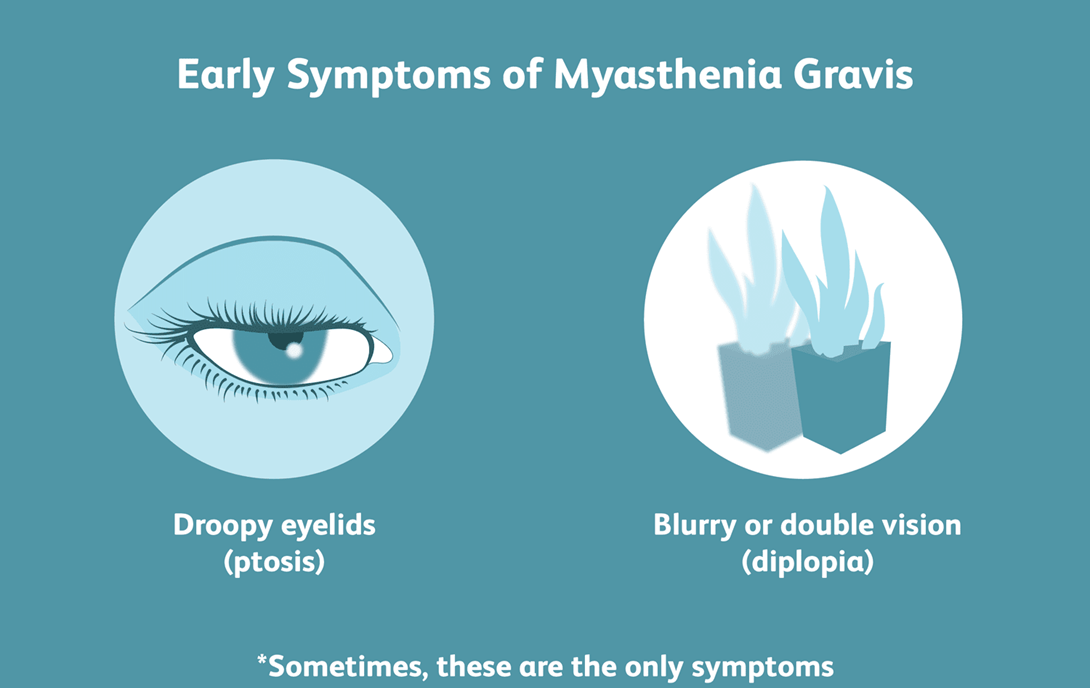A nurse is caring for a client who has stomatitis following radiation therapy. Which of the following interventions is appropriate for the nurse to take?
Discourage the use of a straw.
Offer the client frozen bananas as a snack.
Serve the client hot meals.
Avoid serving sauces or gravies.
The Correct Answer is B
The correct answer is: b. Offer the client frozen bananas as a snack.
Choice A: Discourage the use of a straw
Discouraging the use of a straw is not the best intervention for a client with stomatitis following radiation therapy. While using a straw might cause some discomfort, it is not a primary concern. The focus should be on providing soothing and non-irritating foods.
Choice B: Offer the client frozen bananas as a snack
Offering the client frozen bananas as a snack is an appropriate intervention. Frozen bananas can provide a soothing effect on the inflamed oral tissues and are less likely to cause irritation compared to other foods. They are also nutritious and easy to consume, making them a suitable option for clients with stomatitis.
Choice C: Serve the client hot meals
Serving hot meals is not recommended for clients with stomatitis. Hot foods can exacerbate the discomfort and irritation in the mouth, making it more painful for the client to eat. It is better to serve foods at a moderate or cool temperature to avoid further irritation.
Choice D: Avoid serving sauces or gravies
Avoiding sauces or gravies is not the best intervention for a client with stomatitis. While some sauces or gravies might be irritating, others can be soothing and help make the food easier to swallow. The key is to choose mild and non-spicy options that do not irritate the oral tissues.
Nursing Test Bank
Naxlex Comprehensive Predictor Exams
Related Questions
Correct Answer is D
Explanation
Choice A reason: Crohn's disease is not commonly associated with obesity, although obesity can worsen the symptoms and complications of Crohn's disease. Crohn's disease is a type of inflammatory bowel disease that causes inflammation and ulcers in the digestive tract, especially the small intestine and colon. The exact cause of Crohn's disease is unknown, but it may involve genetic, immune, and environmental factors.
Choice B reason: Celiac disease is not commonly associated with obesity, although obesity can make the diagnosis of celiac disease more difficult. Celiac disease is an autoimmune disorder that causes damage to the small intestine when gluten, a protein found in wheat, barley, and rye, is ingested. The damage interferes with the absorption of nutrients and can lead to malnutrition, anemia, and osteoporosis.
Choice C reason: Peptic ulcer disease is not commonly associated with obesity, although obesity can increase the risk of complications from peptic ulcer disease. Peptic ulcer disease is a condition that causes sores or ulcers in the lining of the stomach or duodenum, the first part of the small intestine. The most common causes of peptic ulcer disease are infection with Helicobacter pylori bacteria and use of nonsteroidal anti-inflammatory drugs (NSAIDs).
Choice D reason: Gastroesophageal reflux disease (GERD) is commonly associated with obesity, as obesity can increase the pressure on the lower esophageal sphincter (LES), the muscle that prevents the backflow of stomach acid into the esophagus. GERD is a condition that causes heartburn, regurgitation, chest pain, and difficulty swallowing due to the reflux of stomach acid into the esophagus. GERD can also lead to esophagitis, Barrett's esophagus, and esophageal cancer.
Correct Answer is B
Explanation
Choice A reason: Anticholinesterase medications should be taken 30 minutes before meals, not with meals. This is because they enhance the action of acetylcholine, which improves muscle strength and swallowing ability.
Choice B reason: Positioning the head of the client's bed to 40° while eating helps prevent aspiration and facilitates swallowing. This is the best action for the nurse to take for a client who has myasthenia gravis.
Choice C reason: Encouraging the client to lie down after eating is not advisable, as it increases the risk of aspiration and reflux. The client should remain upright for at least 30 minutes after eating.
Choice D reason: Providing the client with food cut into small bites is not enough to ensure safe and adequate nutrition. The client may still have difficulty swallowing and chewing. The nurse should also offer soft, moist, and easy-to-swallow foods, and avoid foods that are dry, sticky, or hard.

Whether you are a student looking to ace your exams or a practicing nurse seeking to enhance your expertise , our nursing education contents will empower you with the confidence and competence to make a difference in the lives of patients and become a respected leader in the healthcare field.
Visit Naxlex, invest in your future and unlock endless possibilities with our unparalleled nursing education contents today
Report Wrong Answer on the Current Question
Do you disagree with the answer? If yes, what is your expected answer? Explain.
Kindly be descriptive with the issue you are facing.
